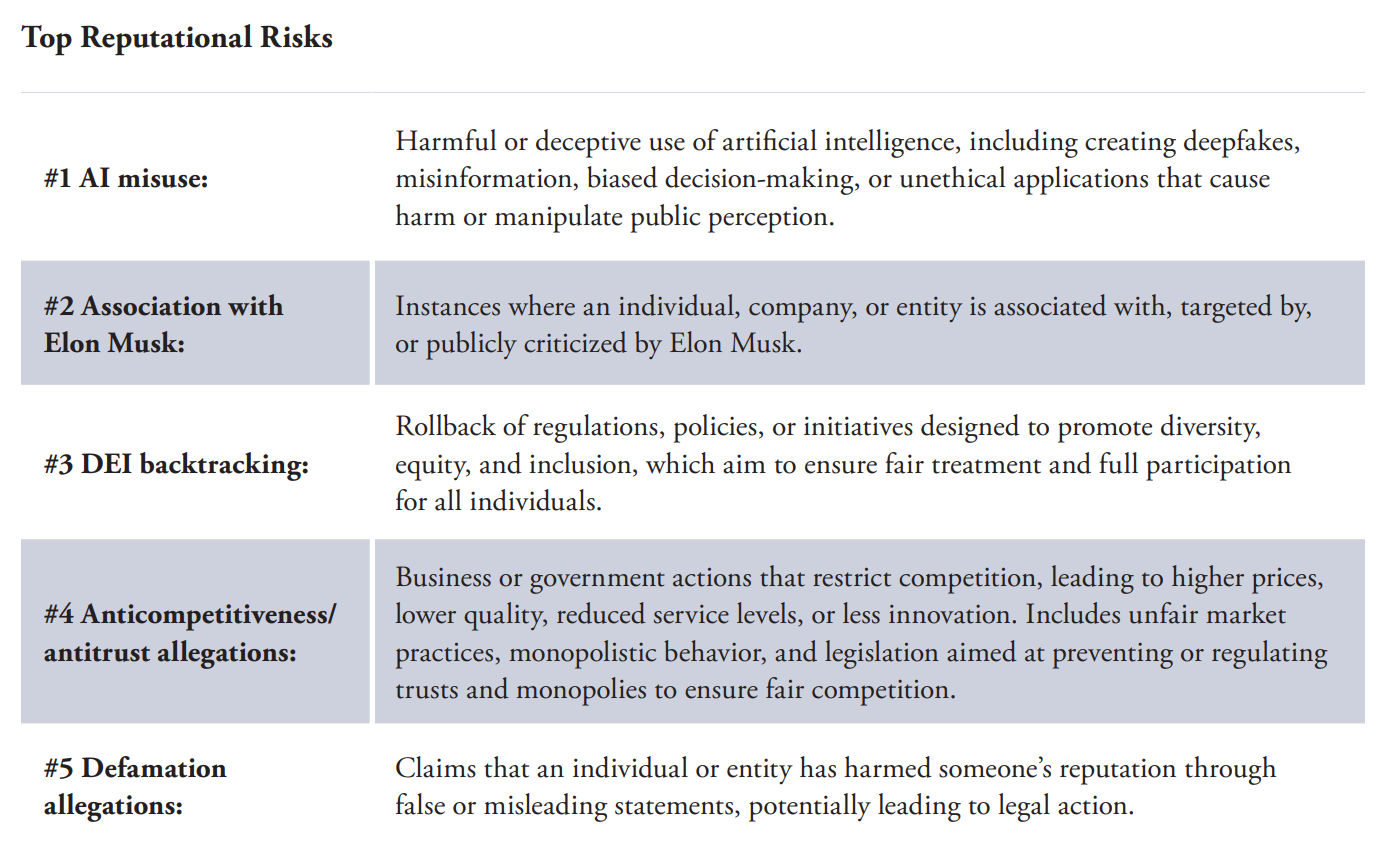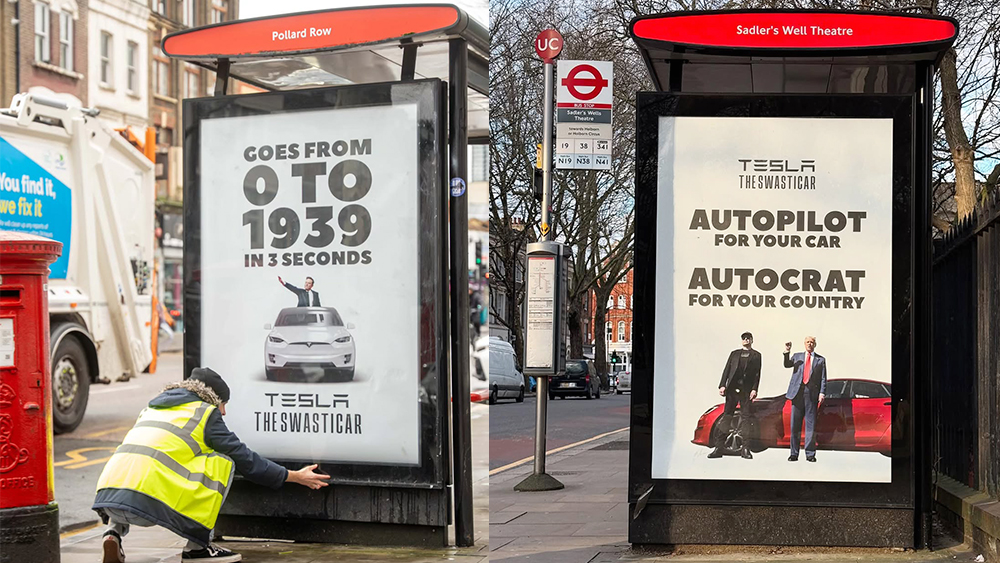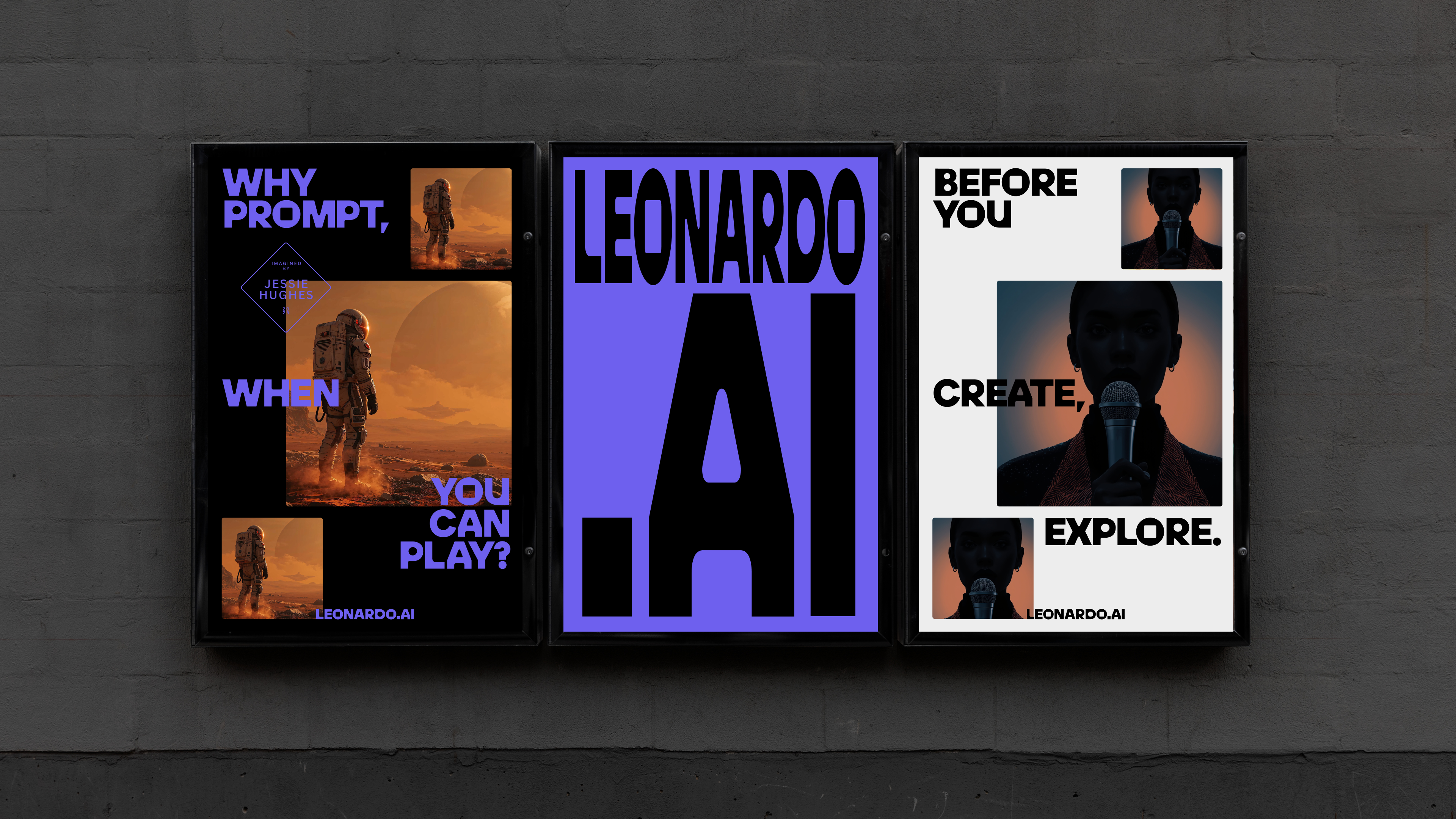It's official: experts say Elon Musk and AI are the biggest risks for branding
Sign up to Creative Bloq's daily newsletter, which brings you the latest news and inspiration from the worlds of art, design and technology.
You are now subscribed
Your newsletter sign-up was successful
Want to add more newsletters?

Five times a week
CreativeBloq
Sign up to Creative Bloq's daily newsletter, which brings you the latest news and inspiration from the worlds of art, design and technology.

Once a week
By Design
Sign up to Creative Bloq's daily newsletter, which brings you the latest news and inspiration from the worlds of art, design and technology.

Once a week
State of the Art
Sign up to Creative Bloq's daily newsletter, which brings you the latest news and inspiration from the worlds of art, design and technology.

Seasonal (around events)
Brand Impact Awards
Sign up to Creative Bloq's daily newsletter, which brings you the latest news and inspiration from the worlds of art, design and technology.
Elon Musk and AI are two things a lot of people would probably like to see less of in the news, so I apologise for adding to the incessant headlines. But the story today confirms something many have long suspected: they're both potentially bad for branding.
A new study by the Global Risk Advisory Council has highlighted AI misuse and an association with the Tesla CEO as the biggest current risks to brand reputation. With all those anti-Tesla adverts around, I'm not surprised.

The Global Risk Advisory Council's study is based on a survey of 117 international public affairs leaders from 17 countries and 58 industries. The results were used to create a 'reputational risk index'. In second place is an association with Musk (either by aligning with him or being targeted by him).
Isabel Guzman, chair of the Global Risk Advisory Council, signaled that this was due to Musk's “controversial omnipresence in the media landscape”.
“The impact of association with influential figures in today’s heavily divided environment cannot be understated, especially with a deeply polarizing leader like Elon Musk,” she adds.
That's a risk that's difficult to avoid for Musk's own brands, most notably X, which has struggled to attract advertisers back, and Tesla, whose sales have been falling, particularly in countries where Musk has expressed opinions on domestic politics.
We've already seen other brands taking measures to distance themselves, including when the makers of Blade Runner 2049 sued Tesla for using what appeared to be an AI-generated image based on the film.
Sign up to Creative Bloq's daily newsletter, which brings you the latest news and inspiration from the worlds of art, design and technology.
With the carmaker now resorting to incentives and White House sales pitches amid the Cybertruck design issues, perhaps even Tesla should try to distance itself from its CEO.

But, according to the report, an even greater threat to brand reputation is the misuse of artificial intelligence. With cases like the Coca-Cola Christmas ad, we've seen how an over-eager use use of AI image generators by brands can lead to a public backlash.
The report considers broader dangers, such as “creating deepfakes, misinformation, biased decision-making or unethical applications that cause harm or manipulate public perception."
One council member is cited as saying: “AI, if not understood or managed in companies, can have an incredible trickle-down effect that may not be reversible.” Another of the group’s experts suggests that brands need to have AI policies as standard and treat them with as much importance as other aspects of operations.
Brett Bruen of the PR firm Global Situation Room, which commissioned the survey, said the index was an “unambiguous warning” for CEOs and brand leaders. “If you squander stakeholder and consumer goodwill on these issues, it won’t be coming back anytime soon,” he said.
For more branding news, see Coca-Cola's Bodyarmor rebrand and the controversial proposed new Microsoft Office icons.

Joe is a regular freelance journalist and editor at Creative Bloq. He writes news, features and buying guides and keeps track of the best equipment and software for creatives, from video editing programs to monitors and accessories. A veteran news writer and photographer, he now works as a project manager at the London and Buenos Aires-based design, production and branding agency Hermana Creatives. There he manages a team of designers, photographers and video editors who specialise in producing visual content and design assets for the hospitality sector. He also dances Argentine tango.
You must confirm your public display name before commenting
Please logout and then login again, you will then be prompted to enter your display name.
